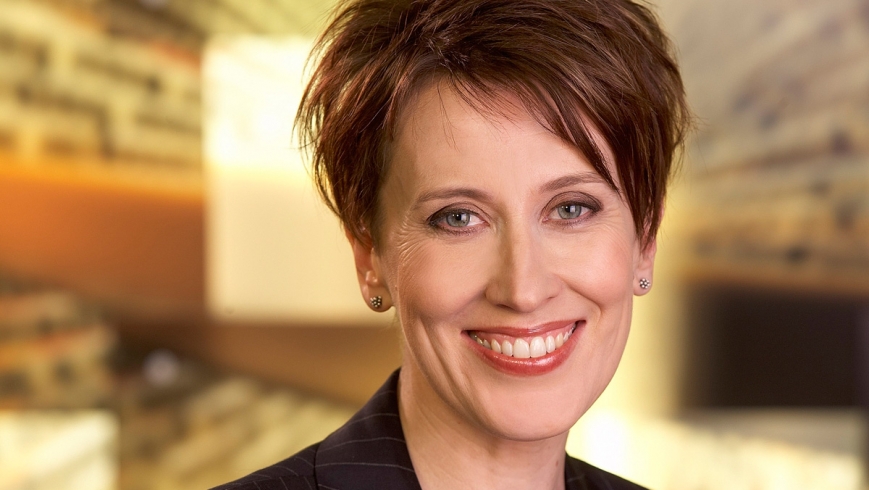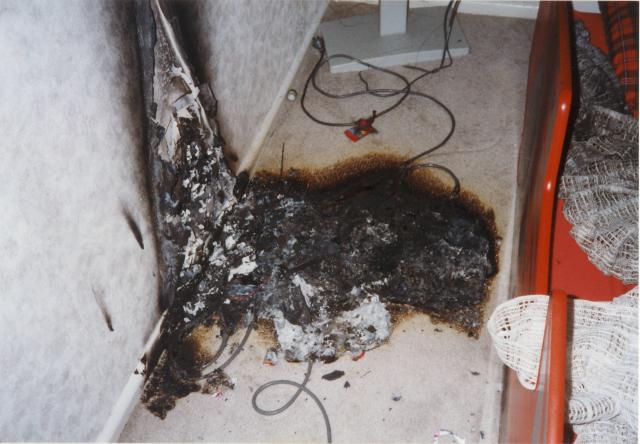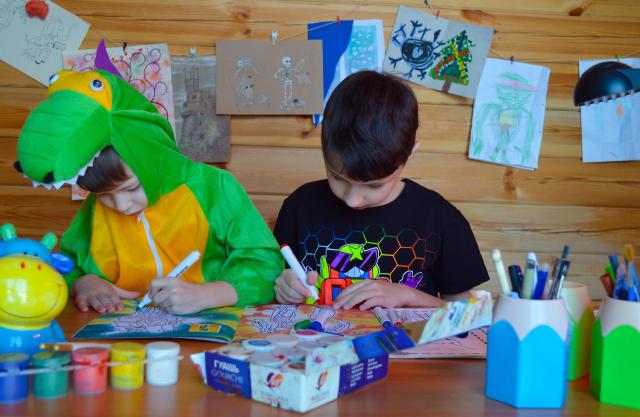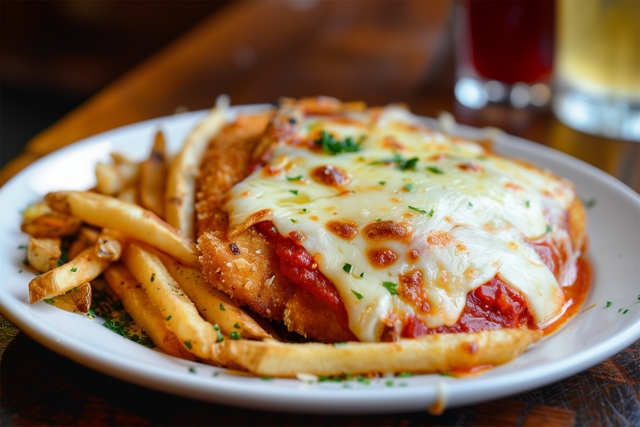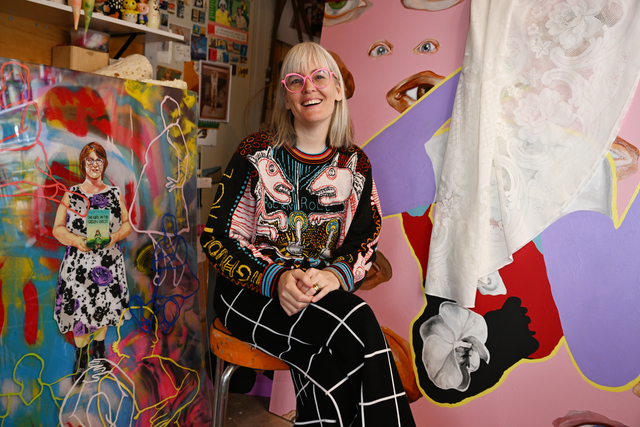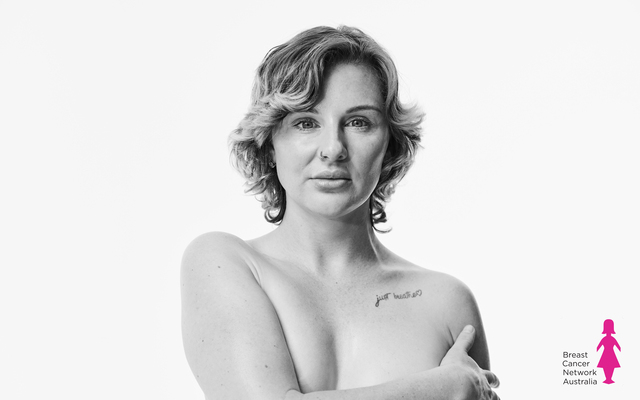I grew up with a copy of the Desiderata stuck to the back of the toilet door. That hokey guide to a life lived well was all the go in the 1970s, and the observation that we are all “a child of the universe, no less than the trees and the stars” was a permanent comfort. As a result, I’m always open to a little homespun wisdom in the form of a catchy aphorism. Yes, life really can be reduced to a greeting card – that’s why clichés become hard currency: they ring true.
So when I was sent this little item on Twitter the other day, the sender could have had no idea how deeply it would affect me. Have a look:
“One awesome thing about Eeyore is that even though he is basically clinically depressed, he still gets invited to participate in adventures and shenanigans with all of his friends. And they never expect him to pretend to feel happy, they just love him anyway, and they never leave him behind or ask him to change.”
Eeyore, the gloomy donkey from A.A. Milne’s classic series of Winnie-the-Pooh books, is the character that completes the magic circle of personality archetypes of friends one can expect to meet and make through a long, full life. The sweet, thoughtful one everyone loves (Pooh), the brains of the operation (Piglet), the one who thinks they’re the brains (Owl), the party boy (Tigger), the mother figure (Kanga) and Christopher Robin – the person we all want to grow up to be.
Eeyore represents the dark side, but in the House at Pooh Corner books this side of our personality is never shoved to one side but, as this observation from an online Eeyore fan blog demonstrates, is represented and included as a normal part of life. Forget beyondblue, let’s start talking about beyond Pooh.
I know many people like Eeyore. Some think their problem is just a matter of perspective, of looking on the bright side a bit more often – cheer up! I don’t know if they are all “clinically depressed” or not, but they don’t see flowers, they see weeds, and if they don’t receive the kind of fond and interested attention that others do, that comes as no surprise: they expect little else. They are all invariably intelligent, thoughtful, interesting people who just find the rocks in the road of life a little more often than we do.
I want to rejig our approach to the national epidemic of depression using the Pooh Principle, which is to stop pathologising this condition, to stop angsting about “what” to do for and with our friends and family with depression and simply include them, and their issues, in our life, work and play. To invite them and be with them and not expect anything more than they can give on that day. To, of course, join them in their efforts to battle the more damaging aspects of depression, but to also accept that this could be part of modern life for a long time to come.
I hope this does not sound defeatist, as if I am condemning people to debilitating depression and anxiety. Instead, I’d like to start a conversation about letting our friends and family off the hook. I know how many of those dealing with depression feel as if by their mere presence in that state they are ruining the day, spoiling the vibe: we need to let those we love know that we do just that – we love them. No matter what frame of mind they are in. Maybe a simple acceptance of the dark always existing with the light can help them find a sure-footed path through.

